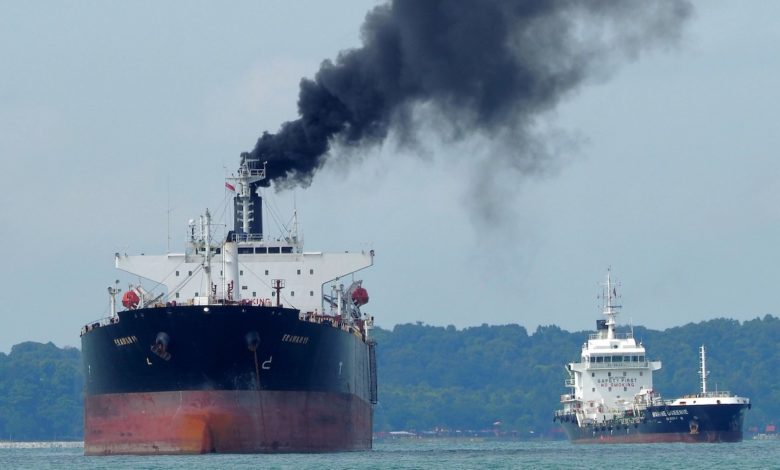Davos turns its attention to decarbonising shipping

The Mission Possible Partnership (MPP), launched today at the Davos Agenda, is a new coalition formed by the Energy Transitions Commission, Rocky Mountain Institute, We Mean Business coalition, and the World Economic Forum. Backed by funding from the Bezos Earth Fund, Bloomberg Philanthropies, and Breakthrough Energy, MPP has set out to accelerate the decarbonisation of industries – including shipping – representing 30% of global emissions.
In late 2021, the partnership will aim to showcase net-zero agreement breakthroughs in shipping, aviation, and steel. Within three years, it plans to help companies complete climate action agreements in these sectors as well as trucking, chemicals, cement, and aluminium. Within five years, the partnership aims for clear shifts in investment patterns across these sectors and will be pursuing net-zero climate action agreements in additional sectors.
Public, private cooperation across the transport and heavy industry sectors is crucial
The MPP builds on the success of the Mission Possible Platform, which launched at the United Nations secretary general’s Climate Action Summit in 2019 and has grown from 30 companies in 2019 to 400. All of these companies are committed to working on concrete actions towards a net-zero future.
MPP is centered on the idea that the Paris Agreement alone will not generate the solutions necessary to transition global supply chains and industrial processes. Country-centric strategies need to be complemented by action from global industries. MPP will help to mobilise resources, align across a greater number of organisations, and accelerate the so-called Race to Zero.
“The number of country commitments to net-zero emissions targets by 2050 has grown during 2020 and is significant,” said Christoph Wolff, head of mobility, World Economic Forum. “Public, private cooperation across the transport and heavy industry sectors is crucial for the next phrase of action. The launch of the Mission Possible Partnership at the Davos Agenda will accelerate these efforts in the run-up to COP26 in November.”
MPP is supported by the Center for Climate-Aligned Finance, Ceres, the Climate Champions of the United Nations Framework Convention on Climate Change, the Global Maritime Forum, SYSTEMIQ, the United Nations Environment Programme Finance Initiative, and the World Business Council for Sustainable Development. The International Energy Agency will provide guidance and input on various aspects of MPP’s work, including engagement with governments and energy modelling.
Also launched during this week’s Davos summit was the Neptune Declaration on Seafarer Wellbeing and Crew Change, a global call to action to address the ongoing crew change crisis caused by the Covid-19 pandemic.

Keep listening to the do-nils in DAVOS and all will be washing windows for a living…a bad living.
Under subsidiarity, local governments across the world will be tasked with addressing problems Kraus Schwab and the Davos crew (the wealthiest 0.01% of humanity that own somewhere north of $36 trillion of the global assets) deem to be problems, and reorder the world according to how the WEF thinks things should be prioritized.